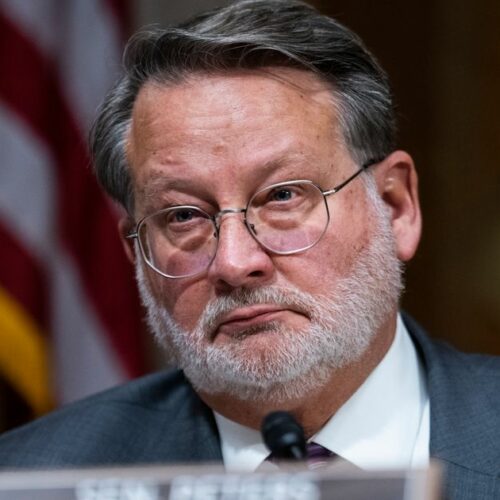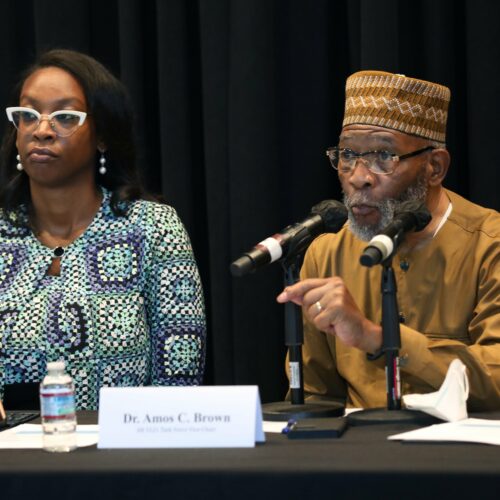A report released Wednesday details how worsening shortages of critical medication in the U.S. pose a serious national security problem and threaten health care providers’ ability to treat patients.
New drug shortages in the country increased by nearly 30% between 2021 and 2022, according to the report, which was put together by Democrats on the Senate Homeland Security and Governmental Affairs Committee. The number of individual active drug shortages reached a peak of 295 at the end of last year.
While the average drug shortage lasts about 1.5 years, more than 15 critical medications have been in shortage for over a decade, the report said. Those critical drugs — most of which are injectable — include medications used to treat cancer, asthma and pain, as well as children’s cold and flu.
Injectable medications, like IV saline solution, are more than twice as likely to experience shortages compared with oral or topical medications. Nearly a third of the critical medications experiencing a shortage are antibiotics.
“Drug shortages are certainly not new,” Sen. Gary Peters (D-Mich.), who chairs the Homeland Security Committee, said Wednesday at a hearing on the report. “There are a number of factors that contribute to drug shortages, including economic drivers that lead to a lack of manufacturers willing to enter or to remain in the market, or invest in quality manufacturing systems.”
He added that other factors, like the federal government’s poor visibility into the pharmaceutical supply chain and an overreliance on foreign sources for drug materials, also contribute to the shortages.
In 2019, Peters released a report stating that nearly 80% of the manufacturing facilities producing key drug ingredients are located outside of the country.
Between 90% and 95% of generic sterile injectable drugs are dependent on key materials and drug substances from China and India, he said Wednesday, citing the federal Administration for Strategic Preparedness and Response.
“Taken together, these underlying causes not only present serious concerns about providing adequate care to patients,” he said. “They also represent serious national security threats.”
The drug shortages have caused treatment delays for patients, resulting in health care providers turning to alternatives that are sometimes less effective. Patients with certain health concerns, like cancer, don’t even have the option of an alternative medication.
“We can all agree that sick Americans deserve access to life-saving medications,” Dr. Andrew Shuman, a professor at the University of Michigan Medical School, testified to the committee. “Telling someone with cancer that they cannot receive a drug that was developed during the [President Lyndon] Johnson administration and costs less than my Uber ride from the airport is not acceptable.”
Some of the recommendations in the report include improving investment in domestic manufacturing so companies don’t move abroad, encouraging the Food and Drug Administration to create a database for the agency to better monitor materials in the supply chain, and requiring manufacturers to report new export restrictions or increases in demand.





